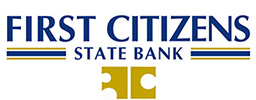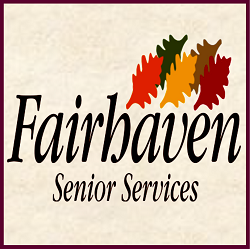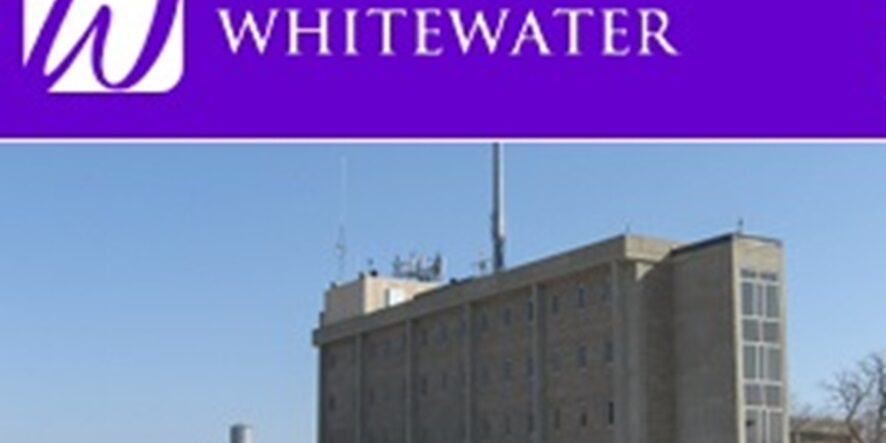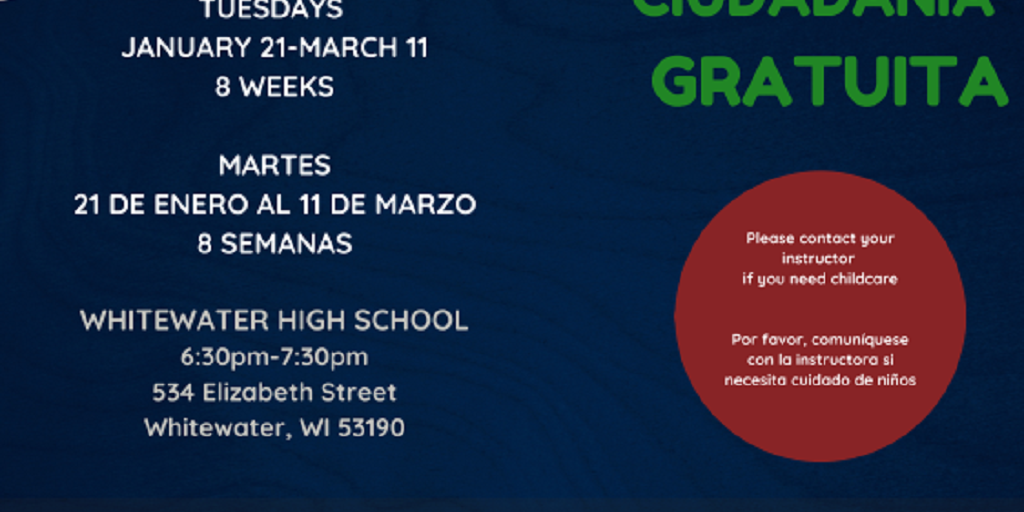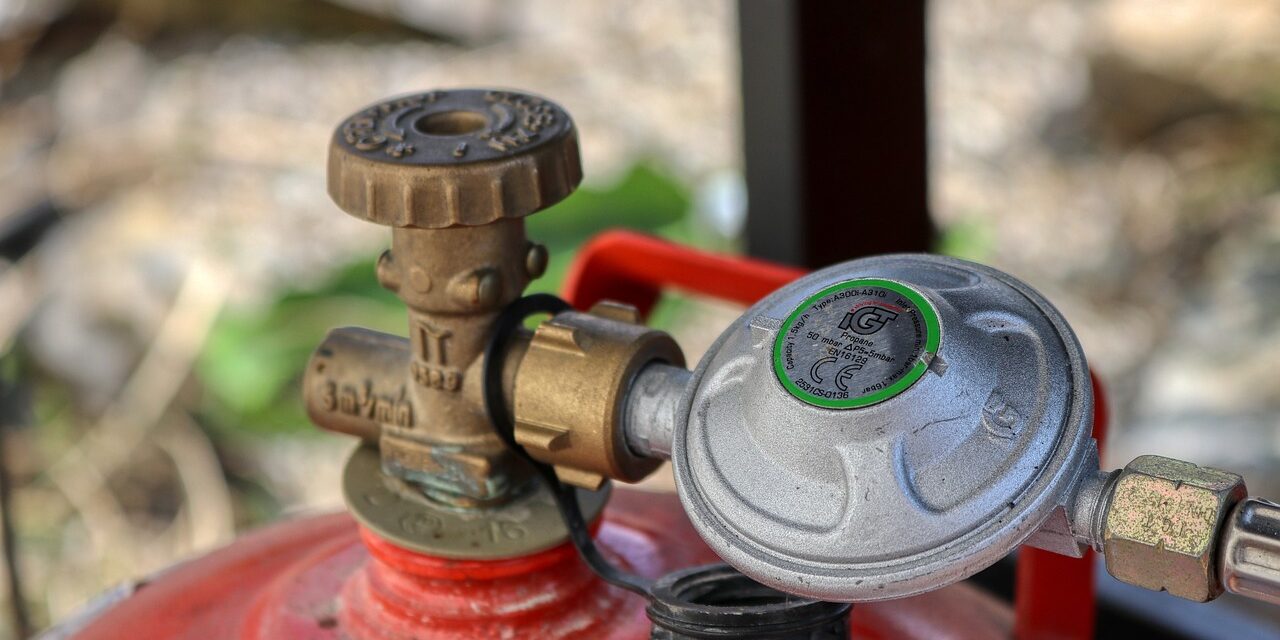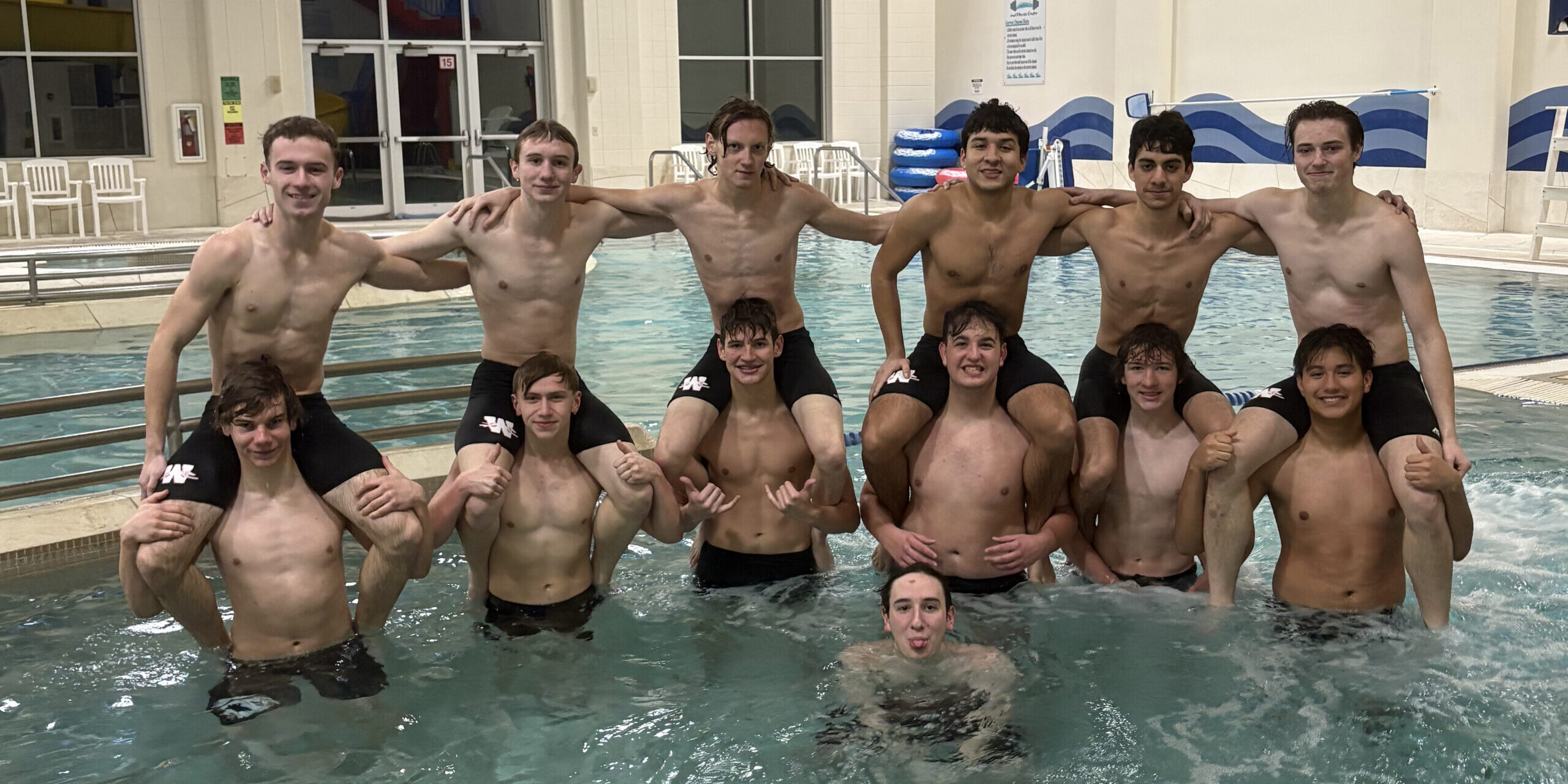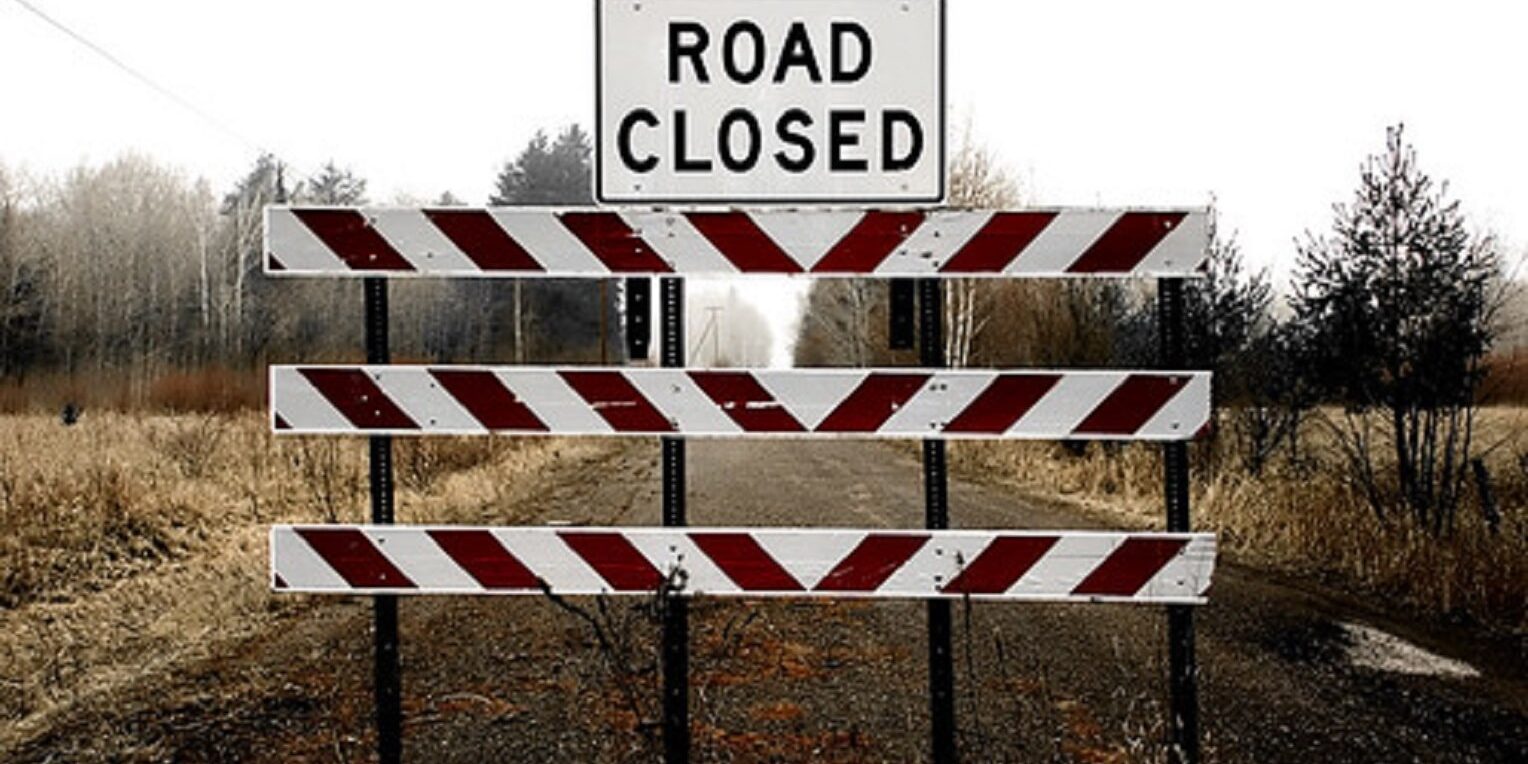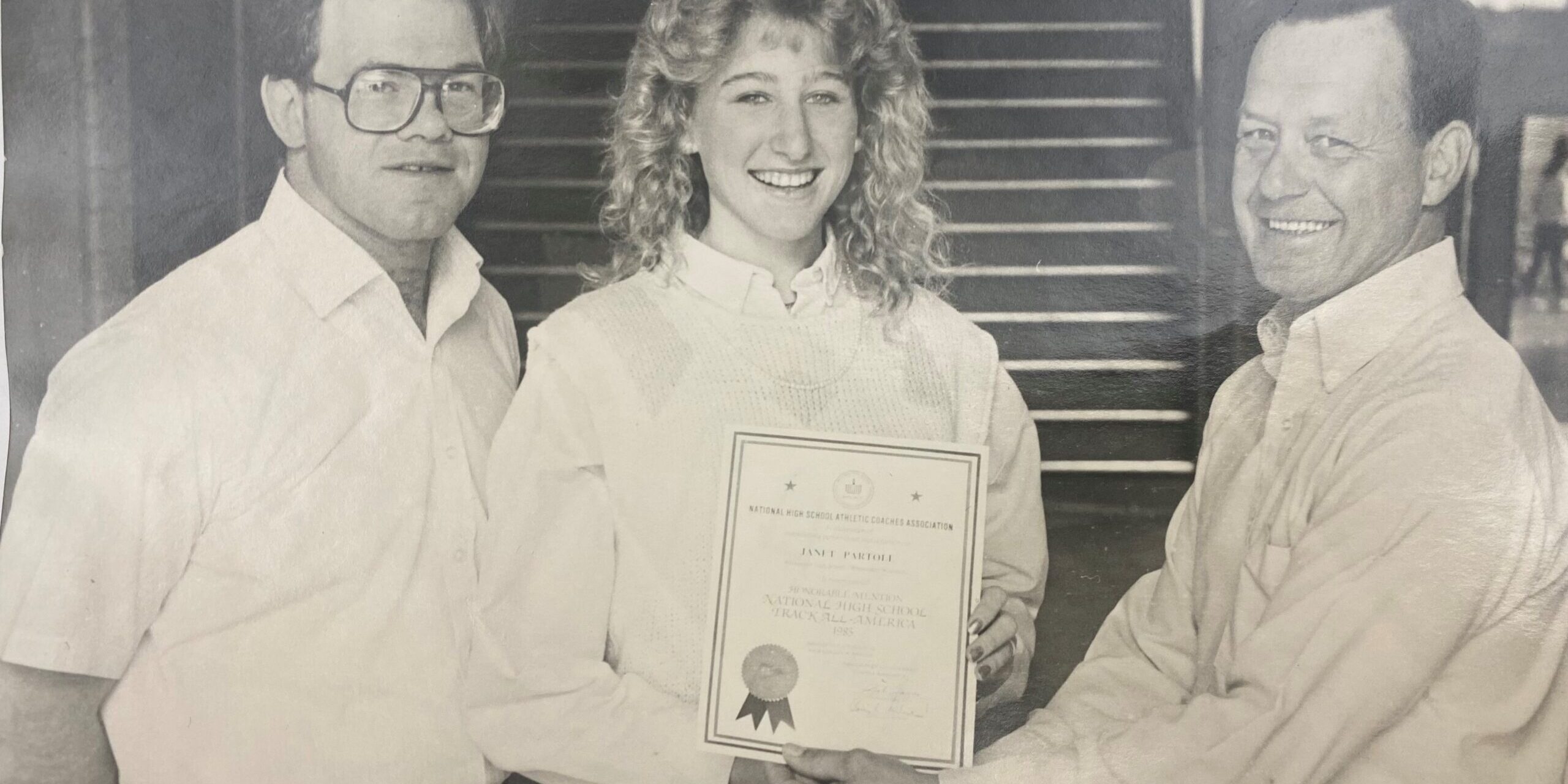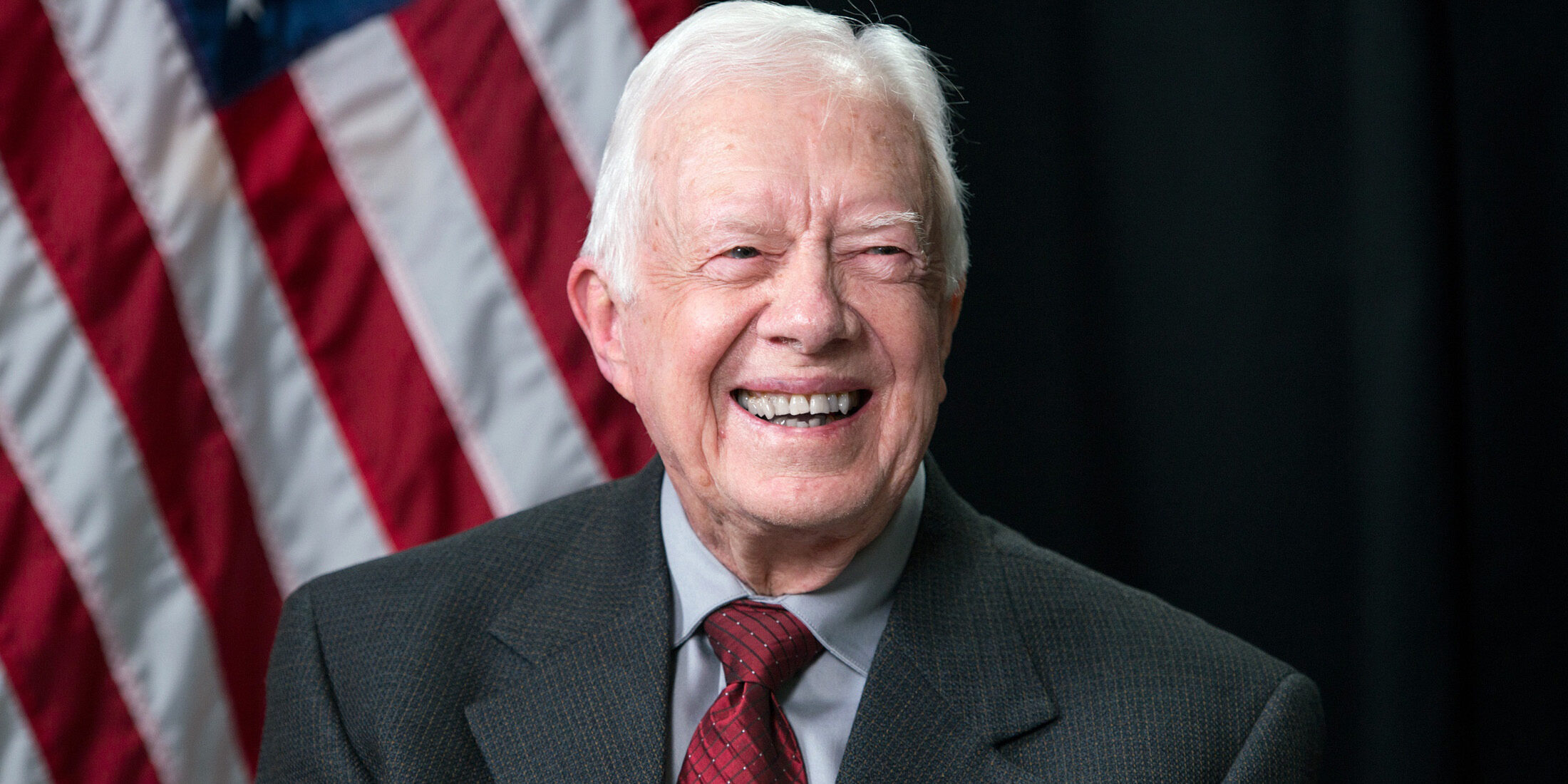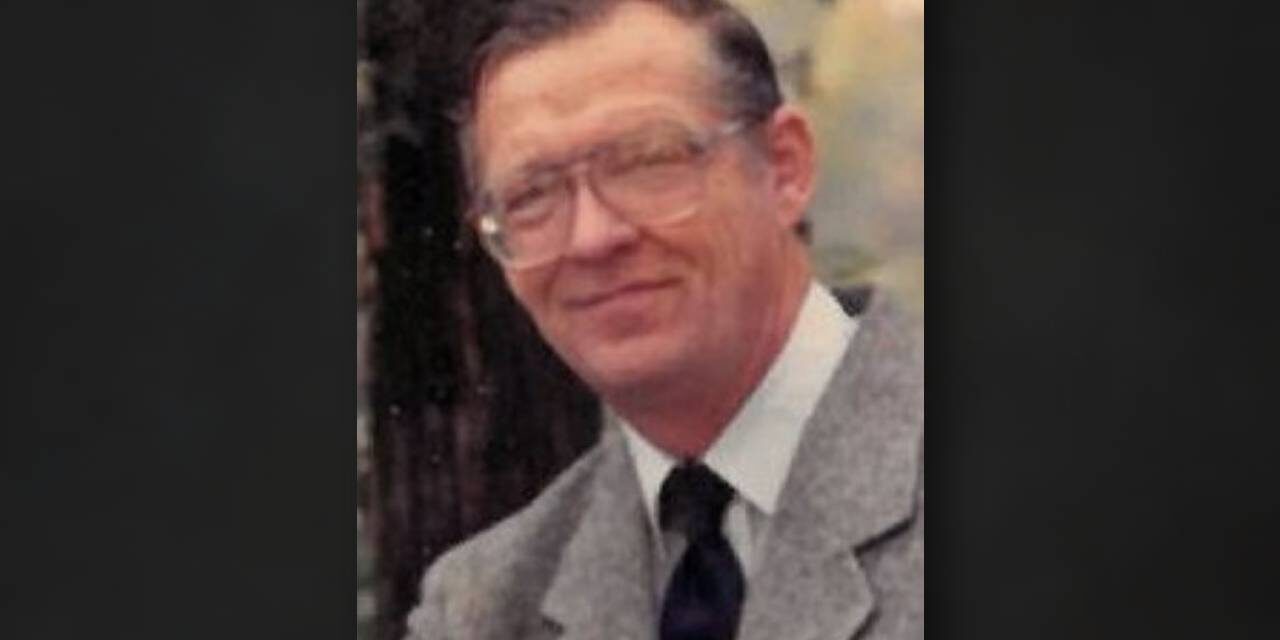Editor’s Note: The following was provided by the University of Wisconsin-Whitewater.
Practitioners, clinicians, and others in the field of aging gathered at the University of Wisconsin-Whitewater on June 5 to attend “The State of the State of Dementia in Wisconsin Professional Caregiver Conference.”
The conference was organized by county Aging and Disability Resource Centers (ADRC), and led by dementia care specialists Karen Tennyson of the Rock County ADRC and Tonya Runyard of the Jefferson County ADRC. It included an overview of the Wisconsin State Dementia Plan, 2024-2028, and other topical sessions, including some led by alums of UW-Whitewater.
“We serve our region through a variety of partnerships, and this conference is an excellent example of that,” said Matt Vick, Dean of the School of Graduate Studies and Continuing Education. “Dementia is a critical healthcare issue and we are pleased that so many professional caregivers joined us on campus to learn more.”
The Wisconsin State Dementia Plan aims to address factors that exacerbate dementia-related health disparities, promote dementia-related awareness, ensure high-quality care and services, as well as championing independence and choice for people living with dementia, while encouraging collaborative systems in the aging field.
Various areas of the Plan were highlighted by speaker Carrie Molke, director of the Bureau of Aging and Disability Resources in the Wisconsin Department of Health Services. Bryce Dorff, research analyst with the Office of Policy Initiatives and Budget at the Wisconsin Department of Health Services, shared information on how data was collected from surveys and listening sessions throughout the state. Dorff spoke on how the data informed the strategies and goals of the Plan. Conference participants were also offered ways to get involved to accomplish the goals of the Plan.
A number of sessions, all aiming to inform and energize professionals working in the field, followed the Plan overview. Led by practitioners and licensed clinical social workers, sessions included discussions about Adult Protective Services, Dementia and Crisis, Stabilization, In-Patient Psychiatric Units and the Law, Intergenerational Technology Services Program, and Caregiver Concerns and Community Education.
The conference culminated with a panel discussion of individuals impacted by dementia. Panelists included a physician caring for his wife with Alzheimer’s disease, a clinical psychologist recently diagnosed with mild cognitive impairment, a former registered nurse who became a live-in caregiver for a friend with dementia until her death, and a daughter who realized the severity of her father’s dementia once she became his caregiver. Their unique and moving experiences engaged the audience and highlighted the complicated journey traveled by people living with dementia, their families and caregivers.
Nearly 100 people attended the conference from organizations around the state. Aging professionals included case managers, guardians, social workers, state and county-level supervisors, and county, state and federal legislative liaisons. These professionals represent hospitals, hospice agencies, long-term care facilities and a variety of state and county-level human service agencies. They came together to learn and share more about this vital health topic that affects thousands of Wisconsinites every year.
About UW-Whitewater
At the University of Wisconsin-Whitewater we inspire, engage and transform lives. Our higher education mission began more than 150 years ago — and we now serve more than 11,000 students at our Whitewater and Rock County campuses, 90% of whom stay in the region after earning their degree. The Warhawk family — led by caring faculty and staff — is devoted to student success within a broad range of academic programs. One of only four Public Colleges of Distinction in the state, the University boasts small class sizes (20:1 ratio), is ranked one of the top 10 public colleges by the U.S. New & World Report, and is the top-ranked college in the state for serving students with disabilities. Continuing Education is committed to meeting the lifelong learning needs of the residents of our region in offering a variety of classes, workshops and trainings that respond to the changing personal and professional interests of adult learners by connecting the University and community.

